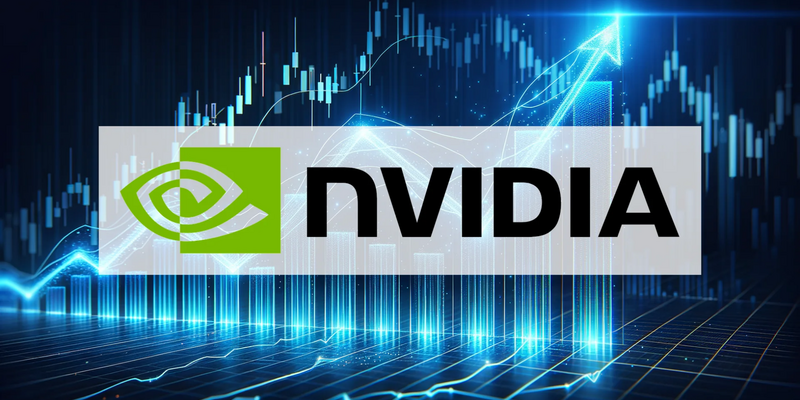US Tightens Export Controls, Blocking Nvidia’s Specialized AI Chips for China
09.11.2025 - 05:11:05The Biden administration has intensified its technology export restrictions, dealing a significant blow to Nvidia's Chinese market ambitions. On Friday, the White House blocked the sale of Nvidia's specially-designed B30A AI processor to China, despite the chip having been deliberately downgraded to comply with existing export regulations. This decision effectively prevents the AI giant from shipping even its reduced-performance versions of high-end chips to the crucial Far Eastern market.
Nvidia had developed the B30A as a compliant solution—a modified, performance-reduced variant of its advanced AI processors specifically engineered to meet U.S. export controls. The company had already delivered sample units to Chinese clients and anticipated regulatory approval. However, the U.S. government's Friday ruling has halted these plans, rendering even this purposefully limited chip unavailable for Chinese customers.
CEO Jensen Huang acknowledged the challenging reality, confirming that Nvidia is now effectively excluded from selling its AI chips to China. The company currently maintains no active discussions regarding sales of its advanced Blackwell series processors to Chinese buyers. Some U.S. political figures have praised the decision as essential for maintaining America's technological advantage. Meanwhile, China has recently implemented its own new requirements, mandating that state-funded data centers must now utilize domestically produced semiconductors.
Kazakhstan Agreement Provides Partial Offset
As one market closes, another opportunity emerges. Coinciding with Friday's regulatory announcement, Nvidia secured a substantial $2 billion agreement with Kazakhstan to develop national AI infrastructure. This partnership aligns with Nvidia's strategy of pursuing major global projects, including AI factory collaborations with South Korea's SK Group and data center ventures with Microsoft in the United Arab Emirates.
Should investors sell immediately? Or is it worth buying Nvidia?
The critical question remains whether such international agreements can adequately compensate for the loss of Chinese market access. China previously represented an important revenue stream for Nvidia, and the company had already excluded shipments of its restricted H20 chips from earlier forecasts. The definitive blockade of even custom-designed processors now intensifies the company's strategic challenges.
Quarterly Report Looms as Critical Indicator
All eyes turn to November 19, when Nvidia will release its third-quarter fiscal 2026 earnings report. Market participants are eagerly awaiting management's perspective on how significantly the permanent loss of Chinese business will impact operations, and whether booming demand from the United States and allied nations can sufficiently offset this decline.
From a technical perspective, Nvidia shares have encountered a difficult trading week. The stock has breached crucial support levels and fallen below several moving averages—potential warning signals for short-term traders. The combination of regulatory headwinds and concerning chart patterns positions the upcoming quarterly results as a potential inflection point for the semiconductor leader's stock trajectory.
Ad
Nvidia Stock: Buy or Sell?! New Nvidia Analysis from November 9 delivers the answer:
The latest Nvidia figures speak for themselves: Urgent action needed for Nvidia investors. Is it worth buying or should you sell? Find out what to do now in the current free analysis from November 9.
Nvidia: Buy or sell? Read more here...


